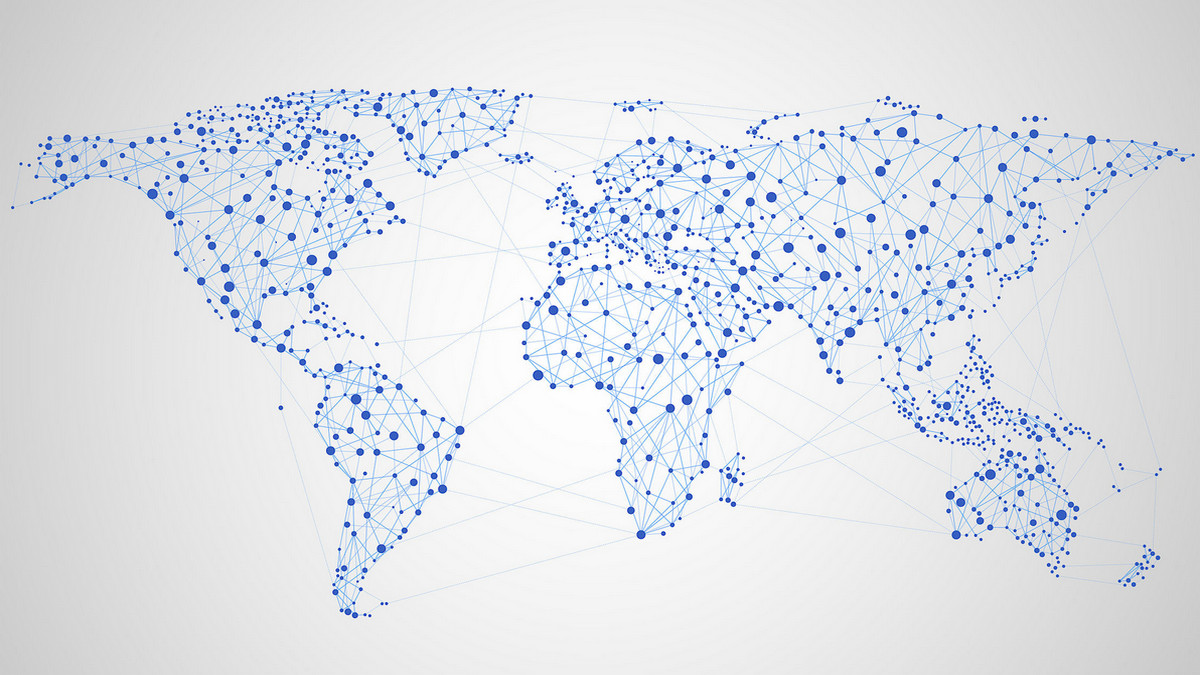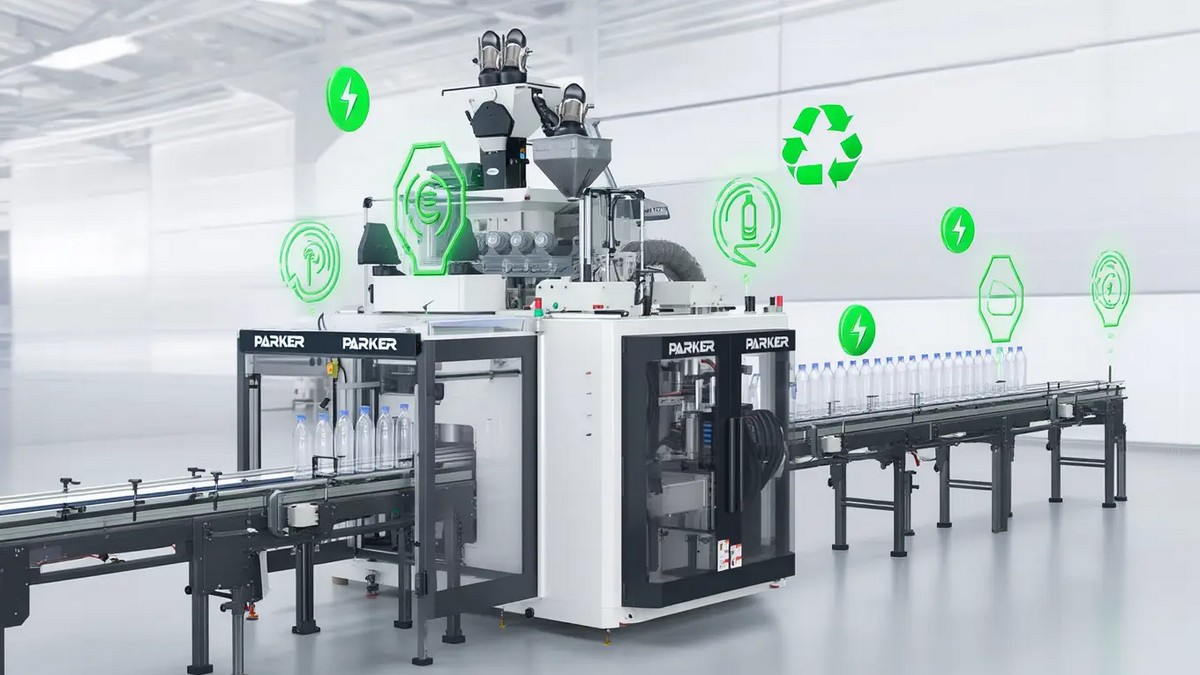As one of the fastest-growing emerging economies in the world, India has a huge demographic dividend and is expected to catch up with China to become the world's most populous country. Coupled with its solid training in scientific and technological talents and its advantages in English, it has attracted a large amount of foreign investment. India is considered will become the new world factory.
Due to the relocation of the global manufacturing sector and the impact of the COVID-19 epidemic, there is a new competitive situation in overseas markets. Among them, India is the third largest economy in Asia, with a demographic dividend and active government actions. Although the epidemic has hit the economy hard, there is still a lot to do.
Development and Current Status of India's Smart Machinery Industry:
In the Indian machine tool market, Japan dominates most types of machine tool markets in India, occupying a certain proportion of each item, while Taiwan’s share in each item is lower than other countries. Among them, machining centers and drilling machines have a large share. The higher market share is 9%. From user experience, the products of Taiwanese manufacturers are worth the money, but they are not satisfied with the after-sales service and processing time. For parts that consume quickly, there should be sufficient local stocks. The automation market in India has considerable growth potential. Most of the emerging potential customers are small and medium-sized enterprises, and they are actively looking for the most cost-effective choice. An advantage to becoming a very potential competitor. However, at present, users have limited awareness of Taiwan's automation equipment brands, and their impressions are still limited to the excellent performance of hardware. How to demonstrate the strength of automation equipment and effectively improve brand awareness is the first challenge for Taiwanese companies to overcome.
With the improvement of global environmental protection awareness, the Indian government has relevant laws and regulations on industrial wastewater treatment, but the implementation has not been effective, and manufacturers still often discharge wastewater illegally. The issue of water resources in India still depends on the society to pay more attention to environmental issues, and then promote the effective implementation of laws. In terms of technology and experience in industrial wastewater treatment, Taiwan is relatively mature. In the future, we can look for opportunities for Taiwan-India cooperation and exchanges to enhance the positive image of Taiwanese companies.
Overall, it is suggested that when Taiwanese companies enter the Indian smart machinery market, to respond to the unique culture of Indian customers, they should first improve localization, aim at direct operation, and implement in a phased manner. Initially, through the help of local partners, we will strengthen sales and after-sales service capabilities, target small and medium-sized enterprises, create tailor-made solutions to meet customer expectations, accumulate sales and installation experience, and finally be able to directly sell in India. With the rise of India's overall economy, the industry is moving towards digitization and automation, and the demand for smart machinery continues to expand. Taiwan's brands are well recognized in terms of quality, technology, and price, and are highly attractive to small and medium-sized enterprises. In recent years, Indian users have had negative feelings toward Chinese brands with similar advantages. Therefore, Taiwanese companies have considerable potential in the Indian smart machine market.
Indian Smart Machinery Industry Supply Chain:
The supply chain of India's smart machinery industry covers the following:
- Regulatory agencies, such as the inspection of smart machinery products in India, are responsible for reviewing the import and export of related products.
- Manufacturers are responsible for product development, production, and sales, and some manufacturers will hand over their products to distributors and system integrators for sale.
- Distributors and system integrators, as partners of the manufacturer, sell products and provide services according to the order requirements of end customers.
-
Regulatory Authority:
The regulations for importing and exporting machinery and machinery parts in India are slightly different. Imported machinery and machinery parts do not need to pass any specific standards or certifications. However, if you want to export locally manufactured machinery-related equipment from India, you must first obtain the approval of the local regulatory agency.
- Necessary certification: The import and export of machinery and parts must be taxed by the customs and obtain the EPCG (Export Promotion Capital Goods) certificate. The necessary documents for customs clearance in India include freight invoices, machine tool invoices, import declarations, packaging and labels containing detailed product information, letters of credit, import licenses, insurance certificates or their duplicates, GATT (General Agreement on Tariff and Trade) declarations. If it meets the tariff exemption provisions of the free trade agreement, a certificate of origin must be provided. And if it meets the tax exemption regulations to revitalize the export of capital goods, it must provide proof of export use.
- Other certifications: Imported machinery and mechanical parts should pass through Indian customs without any specific standards or certifications. If you want to export locally manufactured products from India, you must obtain The Conformitè Europëenne (CE) Mark by the requirements of the government and the Indian Machine Tool Manufacturers' Association (IMTMA). Or pass The Bureau of Indian Standards (BIS), and International Organization for Standardization (ISO) certification standards.
-
Supplier:
Smart machinery suppliers in India include original equipment manufacturers, distributors/importers, and system integrators. The countries of origin of smart machinery products include Taiwan, Japan, EU countries, South Korea, the United States, and China. The key industries using smart machinery in India are automobiles & auto parts, electronics, general engineering, capital goods manufacturing, and aerospace & defense. Although there are various suppliers in India, there is no clear division of work content between roles, and some companies play multiple roles and provide integrated solutions, so even OEMs can provide services such as system integrators. In addition, some machine tool manufacturers may not directly face customers, but provide customers with single-window solutions through various partnerships.
- Product quality: Dealers face customers on the front line and must be responsible for providing after-sales service, so they tend to prefer high-quality products.
- Product Features: There must be enough product features to convince end users.
- Experience: For familiar brands and products, it is easier to get started and sell.
- Country of origin: In addition to the tariff preference that affects the price, usually the client’s sense of identity with the country of origin also has a great impact. Therefore, if the product requirements of the target customer are complicated, to reach a consensus faster, the distributor will generally recommend German or Japanese products directly, and vice versa, they will recommend relatively cost-effective Taiwanese products.
Therefore, Taiwanese manufacturers should give priority to trying to increase their brand awareness in India to a high point, which will not only help win the trust of end users but also win the trust of stakeholders in the supply chain such as distributors and system integrators. Trust, influence the decision-making of end users through local partners to effectively increase the transaction rate. In addition, special focus should be placed on after-sales service and application support, which can enhance the confidence of end users in Taiwanese manufacturers and increase the possibility of continuous transactions in the future. If after-sales service is provided through dealers, it is necessary to consider follow-up services while not leaving too little profit to dealers. Otherwise, it will be difficult to maintain their good service quality.
-
Purchasers and Users:
Smart machinery customers in India will purchase products through distributors or directly from manufacturers, and customers prefer to interact directly with high-level manufacturers, believing that their needs can be resolved quickly and effectively. However, some international companies will tend to contact dealers, because international companies have more complicated needs. Such as more special and sophisticated machine tool needs, and dealers can provide more choices and are better able to solve their problems.
Manufacturers should seek localization, at least to be able to provide support services in India, because after-sales service affects production progress and is considered the most important link in customer relations. When cooperating with local distributors, it should be noted that if the after-sales service work is heavy or the investment cost is high, usually the distributor will try to cut corners. In addition, because Indian customers have a strong established understanding of the country of origin of the product, dealers will give priority to Japanese and European brands to speed up the negotiation process. Therefore, Taiwanese manufacturers should continue to increase brand awareness through exhibitions and conferences, Webinars increase exposure, and in addition to large-scale national exhibitions, you can also participate in regional exhibitions. In addition to exhibitions on smart machinery, Taiwanese manufacturers should also participate in exhibitions targeting end-user industries. Actively participate in event sponsorship, and expert seminars to make Taiwan more prominent in these exhibitions. By cooperating with other stakeholders in the supply chain, customers will be more aware of Taiwanese brands, thereby increasing the possibility of cooperation.











.jpg)
.jpg)
.jpg)
